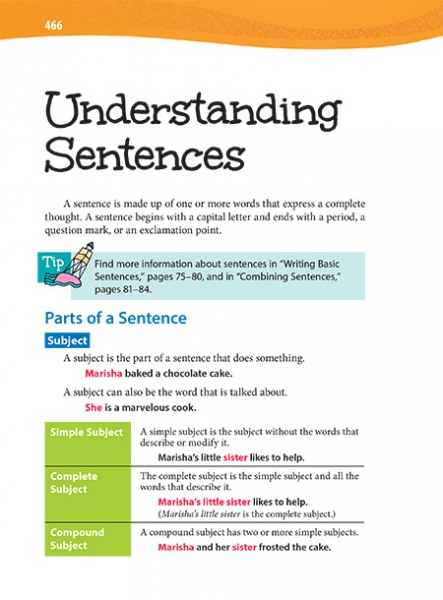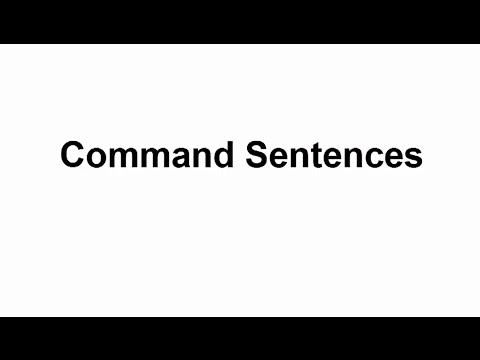Page 466 from

Start-Up Activity
A sentence is the smallest complete thought that can stand on its own. But an interesting enough sentence can be expanded into a paragraph, or an essay, or even something bigger. In the "Declaration of Independence," the founders of the United States wrote this sentence: "We hold these truths to be self-evident: that all men are created equal; that they are endowed by their Creator with certain unalienable rights; that among these are life, liberty, and the pursuit of happiness." That one sentence later expanded into the entire Constitution of the United States.
Think About It
"The paragraph is a mini-essay. It is also a maxi-sentence."
—Donald Hall

Start-Up Activity
A sentence is the smallest complete thought that can stand on its own. But an interesting enough sentence can be expanded into a paragraph, or an essay, or even something bigger. In the "Declaration of Independence," the founders of the United States wrote this sentence: "We hold these truths to be self-evident: that all men are created equal; that they are endowed by their Creator with certain unalienable rights; that among these are life, liberty, and the pursuit of happiness." That one sentence later expanded into the entire Constitution of the United States.
Think About It
"The paragraph is a mini-essay. It is also a maxi-sentence."
—Donald Hall





